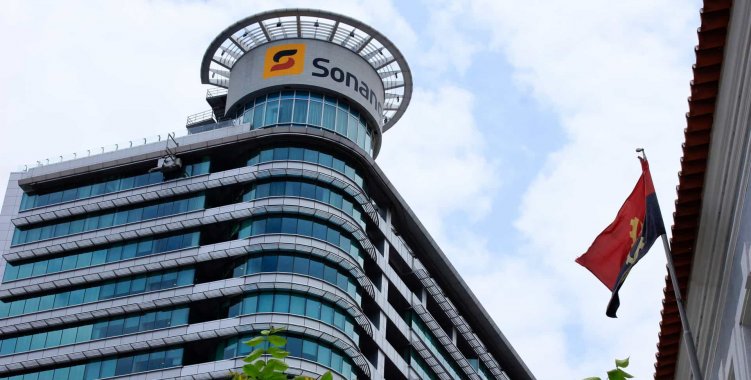"In relation to Sonangol, it is understood that it is not enough and it is not the best idea to just focus on oil. The company's reform has to be more ambitious and forward thinking", says Cedesa, in an analysis of the situation of the state-owned company, a few days after the 2019 oil company's results were known.
For the academic group, if the first task of the Government and of the governing bodies of Sonangol "is to eliminate corruption within the company", the second, "and no less important task, is to make the company profitable and with prospects for the future".
The document states that the company's net profits fell in 2019 to 46 billion kwanzas compared with 80 billion kwanzas in 2018, and while admitting that several reasons justify the fall, from the low oil price to the cessation of receiving supplies as a national concessionaire, "the number means an additional weakness of the company", they underline.
In addition, the consultancy KPGM points out that Sonangol's liabilities or obligations exceed its assets, something that has not happened since 2016, highlights the analysis, adding that this means that "the company's 'core business' is not competitive".
Cedesa's analysis also points out that, in 2019, Sonangol had sales of US $ 10 billion, 4 percent less than in 2018, and in addition to sales being stagnant, the production of oil barrels is also stalled at 232 thousand a day and there are fears that in the future oil will lose its importance in the world economy. Factors that reduce the oil company's contribution to the Angolan economy.
"The amount of expenditure in the Angolan State Budget for 2020 in the revised version is US $ 23 billion. As only a part of Sonangol's sales accrues to the State, we have a much smaller contribution to Sonangol's national economy than in the past ", concludes Cedesa. In addition, "Sonangol's total sales do not already reach 10 percent of GDP", they point out.
"These elements lead us to two conclusions: Sonangol's oil activity is stagnant and the company no longer has the magnitude to be the driver of the Angolan economy", they state.
Cedesa therefore defends a strategy that also involves the privatization of 33 percent of Sonangol's capital, which provides "international investment, involvement of Angolan capital and the motivation of its workers".
To achieve these objectives, they consider a model in which of the 33 per cent of share capital to be privatized, 15 per cent would be for foreign investors and the subject of an OPV (Public Offer for Sale) on an international stock exchange of world reference, with abundant liquidity. The other 10 percent would be for national investors, in an OPV in Luanda. An 8 percent share would go to Sonangol workers.
In this way, "new money would come in, fresh ideas and people without connections to the past" and "would allow a different approach to problems and a renewed vision of the future", they argue.







